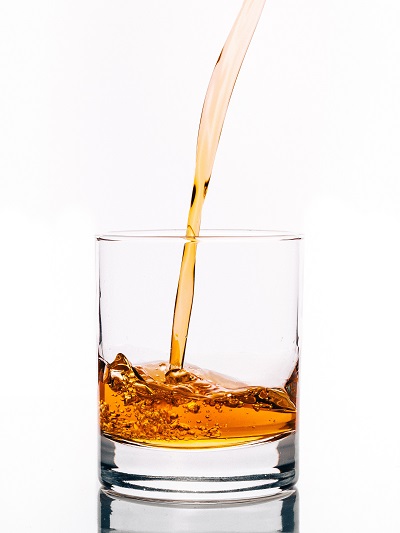First announced a decade ago and celebrated on March 27th each year, today is International Whiskey Day, or, if you prefer a drop of the Irish or even American, International Whiskey Day.
This date was chosen because it is the birthday of celebrated whisky and beer writer Michael Jackson, who died in 2007. His 1989 book, “Michael Jackson’s Malt Whisky Companion” is the world’s best-selling book on the subject and widely considered the whisky enthusiast’s ‘bible’.
 The name is written as International Whisk(e)y Day, because it supports enjoyment of all kinds of the distilled alcoholic beverage, whether written with or without the ‘e’. Traditionally, whiskies from Scotland, Canada and Japan do not feature the ‘e’, while those from Ireland, America and many other places do.
The name is written as International Whisk(e)y Day, because it supports enjoyment of all kinds of the distilled alcoholic beverage, whether written with or without the ‘e’. Traditionally, whiskies from Scotland, Canada and Japan do not feature the ‘e’, while those from Ireland, America and many other places do.
The annual celebration was launched at the Whiskey Day Festival in the Netherlands in 2009 in the presence of several renowned whiskey writers, most of them there in tribute to Yorkshire-born Michael Jackson. The day encourages participants to raise a glass in celebration of whisky and the life and work of Mr Jackson.
As well as promoting whisky, the day also supports and raises funds for Parkinson’s Disease, which afflicted Mr Jackson in his final years. He had suffered from the debilitating condition for at least a decade prior to his death at the age of 65, but only made it public after his symptoms caused some to mistakenly think he was perpetually drunk!
According to the annual event’s official website: “International Whisk(e)y Day is a non-profit celebration of whiskey which receives no funding and is run entirely by the passion of whiskey fans from around the world. So if you love whisk(e)y and want to help spread the word, then go ahead and tell someone about it.”
The day has grown year on year, partly fuelled by interest on social media. Various bars around the word, especially those known for their selection of whiskies, now hold special events to celebrate March 27th. Several whisky distillers and distributors have also become involved as a way to promote their products.
‘Whisky’ is a broad term for any type of alcoholic drink distilled from a fermented grain mash, but there are many different and distinctive varieties of whisky around the world. Most traditional Scottish and Irish whiskies are made from malted (germinated and dried) grains of barley, but other types of grain used to make whisky include corn, rye and wheat. For example, American Bourbon whiskey is made from a mash that contains at least 51% corn grains.
The variations in spelling of ‘whisky’ or ‘whiskey’ are simply cultural differences in language. The Latin term for distilled alcohol was ‘aqua vitae’ – meaning ‘water of life’ – which translated into Scots Gaelic as ‘uisge beatha’ and Irish Gaelic as ‘uisce beatha’. Over the years the ‘uisge’ of ‘uisce’ simply evolved into ‘whisky’ in Scotland or ‘whiskey’ in Ireland, both originally meaning ‘water’!
Lots of Irish emigrated to America while lots of Scots emigrated to Canada, each group taking their own spelling with them. Other countries have simply chosen their own style, for example Japan, which models its distilling on the Scottish style. Another widely used term is ‘Scotch’, but this can only be officially used to describe whiskies distilled in Scotland.
As well as the type of grain used, a whisky gets its distinctive flavour from the water used in the distilling process and then the ageing process. For example, many Scotch whiskies have a ‘peaty’ flavour because the water has run through peat-rich soil, while other may taste oaky, having matured in barrels made from charred oak.
A ‘single malt’ whisky comes from a single distillery and is made from a mash using only one type of grain. A ‘blended malt whisky’ is a mixture of single malts from different distilleries and might be labelled ‘pure malt’ or just ‘malt’, but not ‘single malt’. A ‘blended whisky’ is a mixture of different types of whisky, possibly from several distilleries, combined to produce a particular flavour.
A good quality malt whisky might also be labelled ‘single cask’, meaning it cannot contain whisky from several casks or of different ages. Real connoisseurs will seek out a specific cask number in their quest for the perfect dram!
Whatever your favoured tipple, why not raise a glass today to mark International Whisk(e)y Day.
